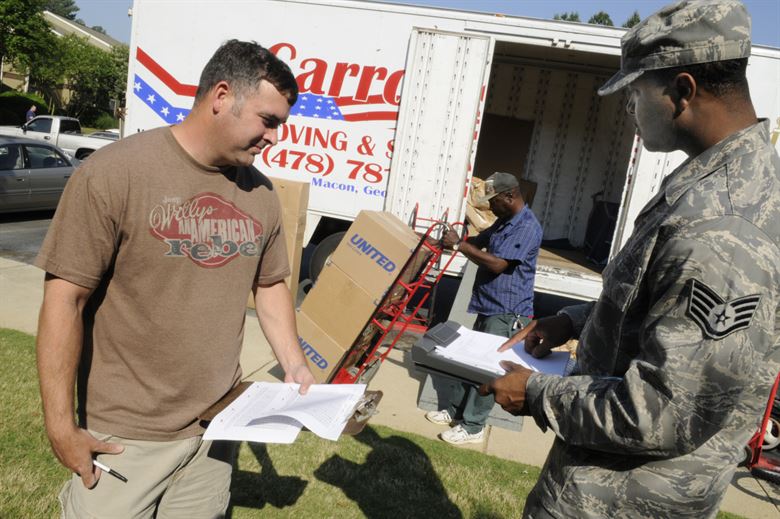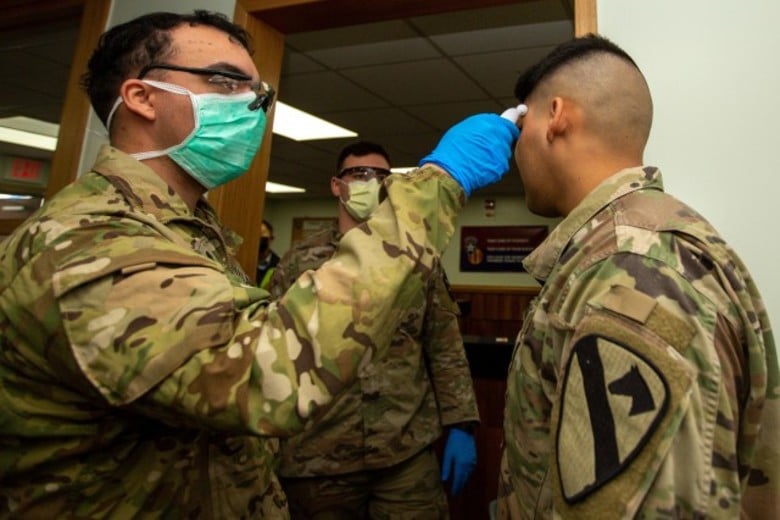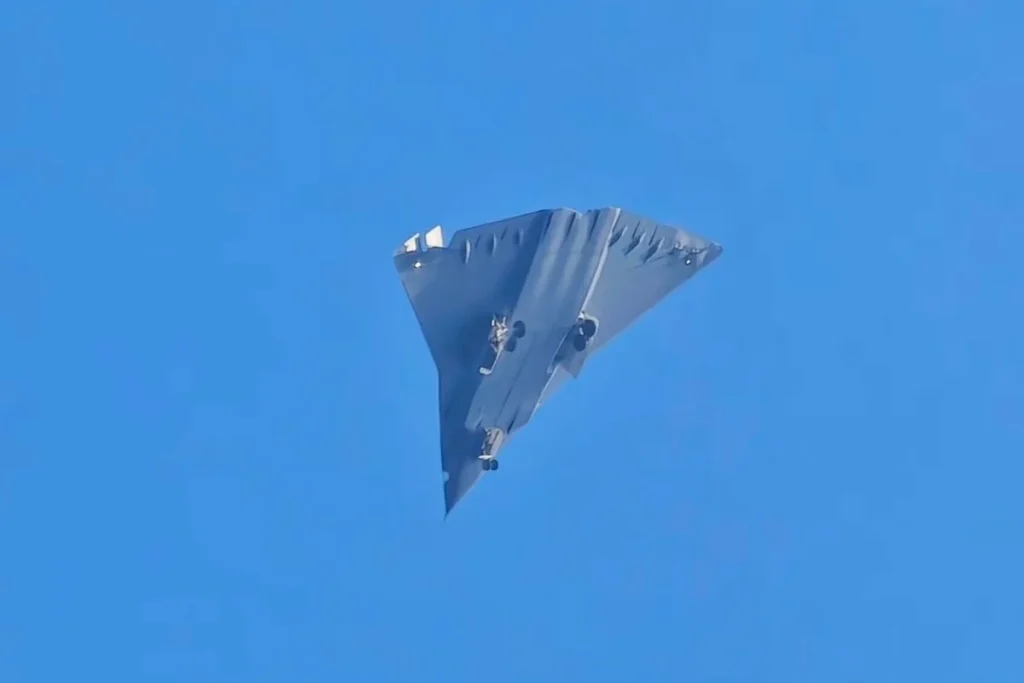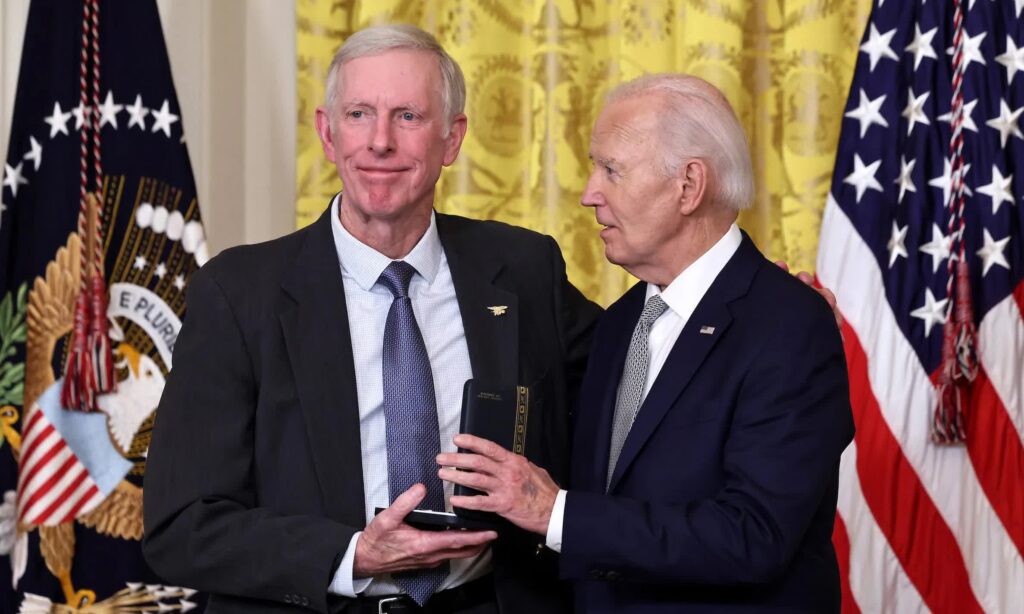Military Travel Ban: What you need to know
- By Alex Hollings
Share This Article

The military travel ban first established to curb the spread of the coronavirus known as COVID-19 has changed significantly since it began. While no longer affecting the majority of service members, certain restrictions still apply to military travel.
Update as of July 14:
The Pentagon has lifted all travel restrictions within the United States with three exceptions. Currently, service members remain barred from traveling to California, Florida, and Michigan due to the ongoing community spread of the virus within these communities.
It’s important to note that, as the infection rate continues to climb in some states, there remains a possibility that the military travel ban could go back into effect for other states as well.
If you are currently executing orders to one of these states, you’re advised to contact your command for further guidance.
Update as of April 20:
The initial end date for the travel restrictions had been set to May 11, but as the coronavirus continues to spread throughout the United States, Defense officials opted to extend the order as part of a broader effort to mitigate the threat presented by the virus to America’s service members and the nation’s general state of military readiness.

However, despite the extension, explains Under Secretary for Personnel and Readiness Matthew Donovan, there will be more exceptions made to the rule moving forward, especially as the military heads into what would normally be considered “PCS season,” or the time of year when many service members execute change of station orders.
Despite that announcement, there has yet to be clear guidance regarding exactly what types of travel may be allowed during this extended military travel ban, but Donovan did indicate that one facet of travel that will see easing restrictions will likely be deployments and redeployments. Movements of troops for deployments overseas and those returning to the U.S. were largely halted in March, but are expected to begin again on a case by case basis in the coming months.
Another facet of travel that is being considered essential for the military is shipments of new recruits and trainees to basic training installations around the country. Marine Corps Commandant, General David Berger, recently appeared in a video alongside Sergeant Major of the Marine Corps Troy E. Black explaining why continued recruit training was an essential part of the Corps’ mission to be ready to answer the nation’s call whenever it’s in need.
Another facet of travel that is expected to see eased restrictions will be for service members currently caught in the middle of executing TAD/TDY orders, as well as those who were already executing PCS orders when the travel ban was first put into place.
Most of these exceptions are expected to be made on a case by case basis, with local commanders exercising their best judgement when determining what travel is to be deemed essential. With around 100,000 service members and dependents transferred on an annual basis during the force’s peak PCS months (Spring and Summer), military leaders are warning that this year’s PCS season may have to be extended to support the number of transfers in a safe manner.
Those who are expecting to retire will also be exempt from the stop-movement, allowing them to head home upon the completion of their service.
These restrictions may ease prior to June 30, that is, if the nation’s fight with the coronavirus begins to subside. However, officials have not ruled out another extension if it’s deemed to be in the interest of the health and safety of the troops and their families.
Related Posts
Sandboxx News Merch
-

‘AirPower’ Golf Rope Hat
$31.00 Select options This product has multiple variants. The options may be chosen on the product page -

A-10 ‘Warthog’ Poster
$22.00 – $28.00 Select options This product has multiple variants. The options may be chosen on the product page -

F-35 ‘Evolution’ Framed Poster
$45.00 – $111.00 Select options This product has multiple variants. The options may be chosen on the product page

Alex Hollings
Alex Hollings is a writer, dad, and Marine veteran.
Related to: Breaking News

What do we know about China’s new ‘6th gen’ fighters?

Former Navy SEAL and pioneer combat medicine physician is awarded Presidential Citizen’s Medal
Sandboxx News
-

‘Sandboxx News’ Trucker Cap
$27.00 Select options This product has multiple variants. The options may be chosen on the product page -

‘AirPower’ Classic Hoodie
$46.00 – $48.00 Select options This product has multiple variants. The options may be chosen on the product page -

‘AirPower’ Golf Rope Hat
$31.00 Select options This product has multiple variants. The options may be chosen on the product page -

‘Sandboxx News’ Dad Hat
$27.00 Select options This product has multiple variants. The options may be chosen on the product page
